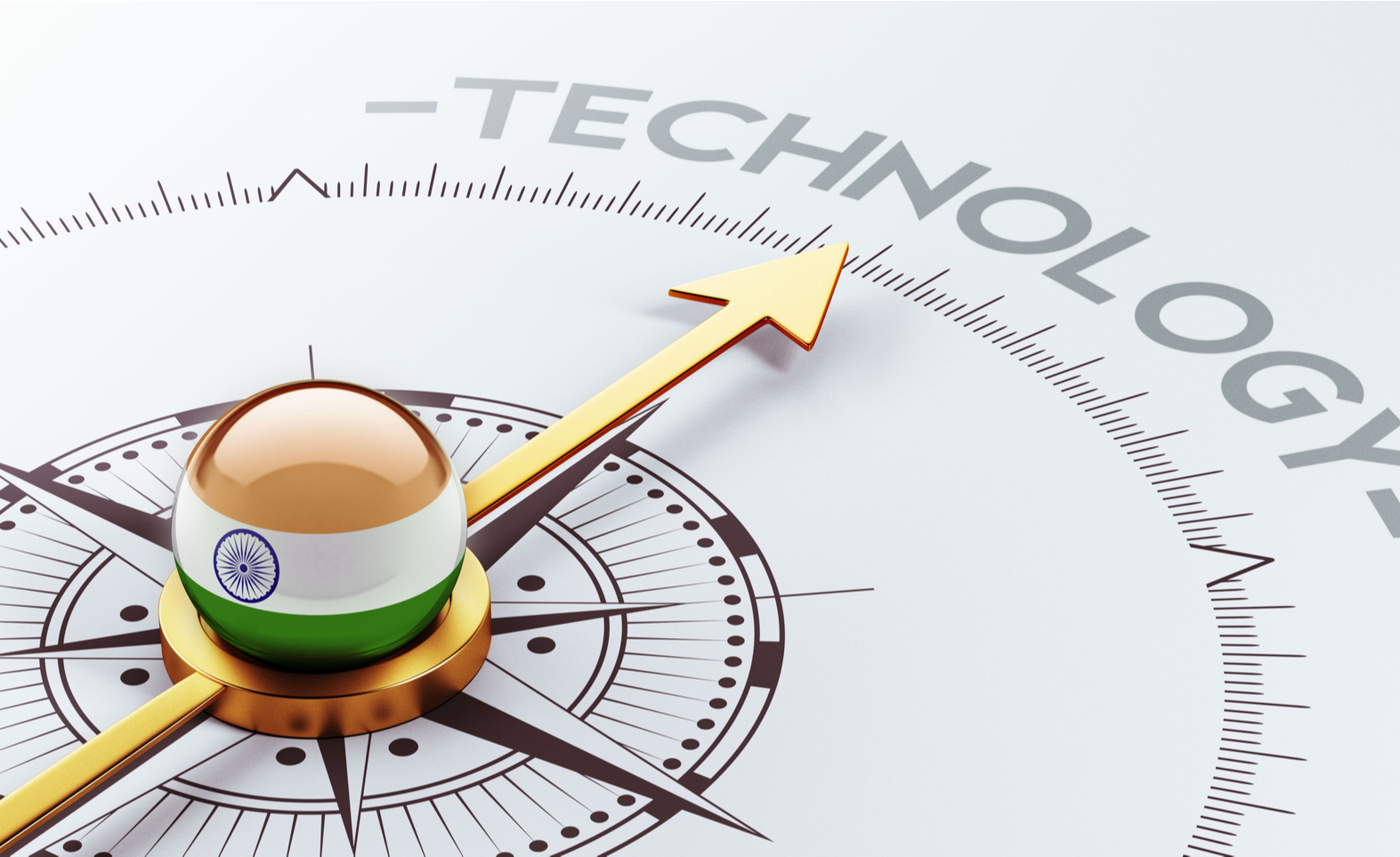
January 15, 2021
Ravi Shankar Prasad and the Japanese Communications Minister, Takeda Ryota signed an MoC in the field of ICT.
MoC will enhance cooperation in the field of 5G technologies, telecom security, smart cities, disaster management etc.
The ICT spending in India is estimated to rise to US$ 144 billion by 2023 from US$ 101 billion in 2018 at CAGR of 7.2%.
The Digital India vision and adoption of emerging technologies such as SMAC is a key factor in fostering India’s ICT growth.

India and Japan signed an MoU to enhance cooperation in the field of Information and Communications Technologies. Signatories present via video conferencing were the Union Minister for Communications, Electronics and IT Ravi Shankar Prasad and the Japanese Minister for Internal Affairs and Communications Takeda Ryota. The MoU will enhance cooperation in the field of 5G technologies, telecom security, submarine optical fibre system to islands of India, spectrum management, smart cities, high altitude platform for broadband in unconnected areas, disaster management and public safety etc.
Information and Communications Technology (ICT) plays a crucial role in sustaining India’s economic strength and ensuring security. The Digital India vision is a key factor in fostering India’s ICT growth owing to the adoption of emerging technologies such as social media, mobility, analytics, and cloud (SMAC). In this regard, Japan and India have been nurturing the ‘Japan-India Special Strategic and Global Partnership’, based on their shared values, including freedom and democracy. ICT plays an indispensable role in the vision for a free, open and inclusive Indo-Pacific region. The emergence of a vibrant startup ecosystem gives India immense opportunities. The overall ICT spending in India is estimated to rise to US$ 144 billion by 2023 from US$ 101 billion in 2018 at CAGR of 7.2%.
India is using Information and Communication Technologies (ICTs) to leapfrog economic development in key sectors: health, education, infrastructure, finance, agriculture, manufacturing, and perhaps most important, governance. The national Aadhaar program and demonitisation which has facilitated the transformation to an e-payments system, form perfect examples of the development in the field of ICT, which is being used to deliver critical goods and services to the Indian masses. Information and Communication Technology will indeed offer India new and important pathways to sustainable development, including services-led growth, the decarbonisation of energy, vastly improved education, and others.